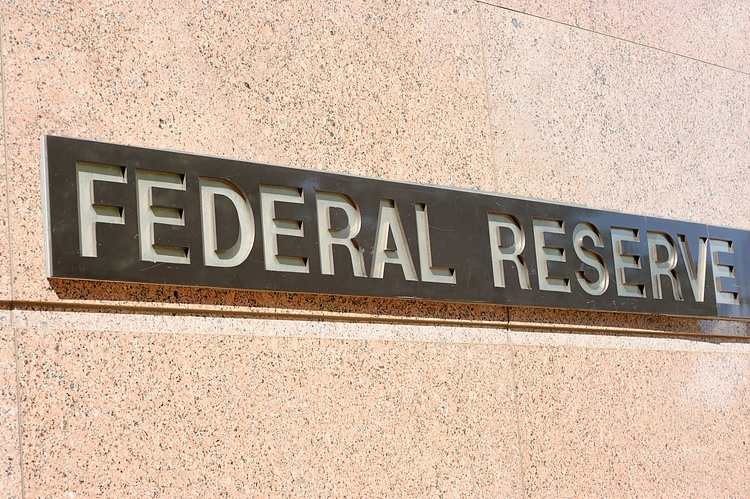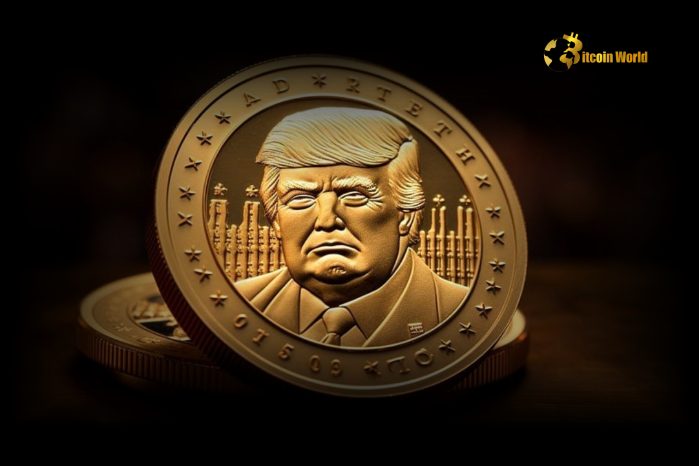TLDR
- Czech Republic passes law exempting crypto capital gains tax for assets held over 3 years
- Transactions under 100,000 koruna ($4,200) annually won’t require tax reporting
- Czech banks prohibited from denying services to virtual asset providers
- Argentina approves foreign crypto ETF access through CEDEARs
- Two new crypto ETF CEDEARs launched alongside gold, Chinese market, and S&P 500 tracking products
The Czech Republic has taken a major step in cryptocurrency regulation by passing new legislation that eliminates capital gains taxes on digital assets held for more than three years. The bill, approved by the Chamber of Deputies last week, aligns with the European Union’s Markets in Crypto Assets (MiCA) framework implementation.
Under the new law, Czech investors won’t need to report cryptocurrency transactions in their tax filings if their total annual transactions remain below 100,000 koruna, approximately $4,200. Prime Minister Petr Fiala emphasized the practical benefits, stating,
“This means that, for example, buying coffee for bitcoin or satoshis will no longer be a tax transaction. We make life easier for people and support modern technologies.”
Prosadili jsme lepší podmínky pro kryptoměny. Velkou práci na tom udělal náš poslanec @j_havranek, který se tomu 2 roky intenzivně věnoval.
Nově bude platit časový test, který zaručí, že pokud kryptoměny držíte déle než tři roky, jejich prodej nebude zdaněn. Hodnotový test zase… pic.twitter.com/dHFESRvcD3
— Petr Fiala (@P_Fiala) December 6, 2024
The legislation addresses a long-standing issue in the Czech cryptocurrency sector by prohibiting banks from denying services to virtual asset service providers (VASPs). This provision aims to end the banking industry’s historical reluctance to work with cryptocurrency businesses, despite their growing connection to the financial and payments sector.
However, the new Czech law has faced criticism from financial experts. KPMG’s local branch pointed out that the legislation lacks a clear definition of digital assets and relies heavily on MiCA regulation, which might not cover all types of tokens. Questions also remain about the methods for calculating asset holding periods.
The Czech Republic has established itself as a notable player in the cryptocurrency industry, particularly through Trezor, one of the world’s leading hardware wallet manufacturers based in the country. This new tax framework places the nation alongside other countries working to formalize cryptocurrency taxation.
For comparison, Russia recently enacted legislation treating digital assets as property, exempting profits from VAT while implementing income tax rates of 13% for earnings below $22,400 and 15% above that threshold. South Korea has proposed increasing its taxation threshold from $1,800 to $36,000 to match stock market regulations, though implementation has been delayed until 2027.
In a separate development, Argentina has expanded its financial market access by allowing local investors to participate in global cryptocurrency ETFs. The National Securities Commission (CNV) now permits local institutions to issue CEDEARs (Certificados de Depósito Argentinos) of ETFs tracking various assets, including cryptocurrencies.
CEDEARs function similarly to American Depositary Receipts (ADRs) in the United States, enabling Argentine investors to invest in foreign securities without requiring offshore accounts. While Argentine financial laws allowed ETF CEDEARs six years ago, these represent the first actual issuances.
CNV president Roberto Silva approved five new products, including two tracking U.S.-issued cryptocurrency ETFs. The remaining three CEDEARs track gold, the Chinese stock market index, and the S&P 500 index. Silva noted, “It is a pleasure to announce these first approvals, which constitute new investment options provided for in this very innovative law.”
The U.S. cryptocurrency ETF market has seen substantial growth since its introduction, with Bitcoin ETFs launching in January and Ethereum ETFs following in July. These products have attracted billions in investments, though they’ve led to concentration of digital assets among major Wall Street firms. BlackRock’s iBIT ETF alone manages $34 billion in Bitcoin.
Other countries have followed the U.S. lead in cryptocurrency ETF adoption. Thailand and Hong Kong launched similar products this year, although they haven’t matched U.S. success levels. Japan’s Financial Services Agency maintains a conservative stance toward cryptocurrency ETFs, while South Korea has adopted a wait-and-see approach.
The Czech Republic’s tax exemption reaches beyond standard cryptocurrency transactions. The law aims to simplify daily cryptocurrency use while encouraging long-term holding. This dual approach has created some contradiction in its goals: while it promotes using cryptocurrencies for regular payments by raising the taxation threshold, it also incentivizes holding assets for extended periods.
Banks in the Czech Republic must now provide services to cryptocurrency businesses, marking a shift from previous practices. This change could lead to increased integration between traditional banking and the cryptocurrency sector.
KPMG’s analysis highlights specific technical challenges in the Czech law. The lack of detailed guidelines for calculating holding periods could create practical difficulties for investors and tax authorities alike.
The timing of these regulatory changes coincides with broader global developments in cryptocurrency regulation. Various countries continue to adapt their frameworks to address the growing cryptocurrency market while maintaining financial stability and investor protection.

Source: https://blockonomi.com/czech-republic-implements-crypto-tax-exemption-as-argentina-expands-etf-access/








Leave a Comment